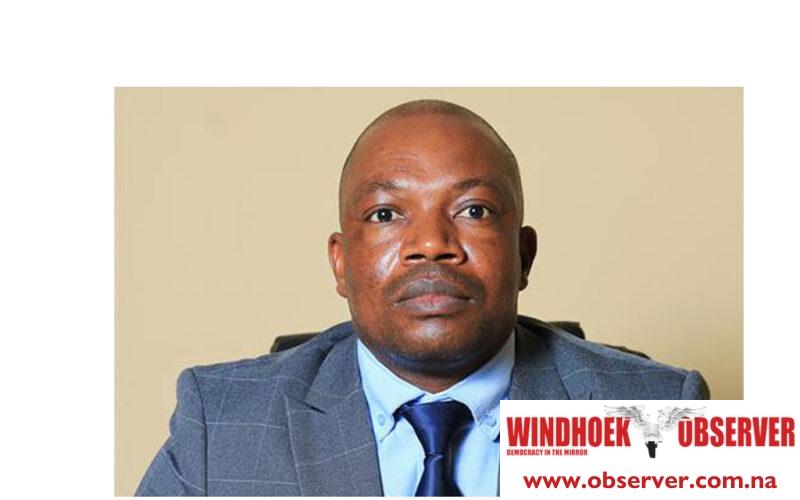Martin Endjala
National Council member, Paulus Mbangu, has suggested that the Ministry of Mines and Energy should eliminate Regional Electricity Distributors (REDs) and harness solar energy from the Namib Desert to provide free electricity to all citizens at the household level while electricity tariffs for businesses should be heavily subsidized.
Mbangu made this proposal during a recent session of the Council while contributing to the Ministry of Mines and Energy’s budget.
He stressed that rural electrification plays an essential role in enhancing the quality of life for people residing in rural areas.
It not only promotes economic development but also improves education, communication, healthcare services, living standards, agriculture, and irrigation projects while fostering social empowerment and environmental benefits.
Mbangu argued that sustainable rural electrification initiatives can encourage the use of clean energy sources like solar power, reducing dependence on fossil fuels and mitigating environmental pollution and climate change.
“Let’s provide free electricity to all Namibians and export the surplus energy to other SADC countries such as South Africa, Zimbabwe, Zambia, Angola, and Botswana. Namibia boasts an exceptional solar resource with a direct normal irradiance of over 2500 kilowatts (KW) of electricity, while the country’s electricity demand is only about 600 KW. We also have excellent wind resources in select areas. There is no justification for expensive electricity in Namibia, and there is no reason for the majority of rural residents to remain without power. We call on the ministry to lift the moratorium on rural electrification and initiate the rural electrification project without delay,” he stated.
In addition to advocating for free electricity, Mbangu believes that Namibia has the potential to implement a green grid initiative.
He subsequently called on the Ministry of Mines and Energy to conduct a feasibility study and implementation strategy for such an initiative.
He suggested that the ministry, in collaboration with the National Power Utility (NamPower), should make substantial investments in solar energy infrastructure to harness the solar resources in the Namib Desert and provide free electricity to citizens at the household level.
Mbangu stressed that providing free electricity will promote equality and social inclusion, ensuring that all citizens, regardless of income or social status, have access to this necessity for living.
While acknowledging potential scepticism about the feasibility of free electricity, Mbangu described such doubts as unfounded.
He believes that the government, in partnership with NamPower, can ensure the financial sustainability of providing free electricity through efficient energy management, investment in energy-efficient infrastructure and technologies to minimize energy wastage, and maximizing resource utilization.
He also suggested that the government could promote the use of a diverse mix of energy sources, including renewables, to reduce dependency on expensive or unreliable fuel sources and stabilize electricity production costs.
To recover the costs associated with providing free electricity, Mbangu proposed implementing strategies such as taxes, surcharges, or levies on other energy-related services or products.
“Income from selling surplus electricity to neighbouring countries can be used to stabilize energy production costs,” he added.
Mbangu concluded his argument by reiterating that the government can strive to provide free electricity to citizens in a financially sustainable manner, ensuring that the benefits of access to electricity are realized without compromising its long-term viability.




